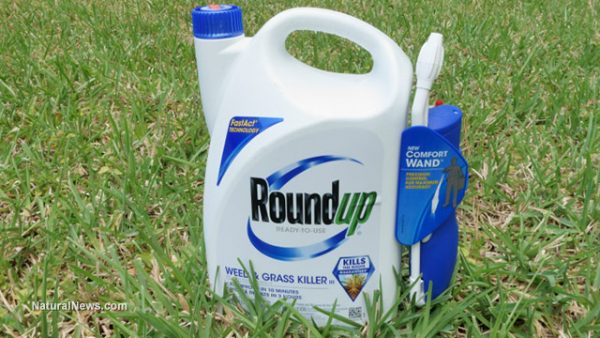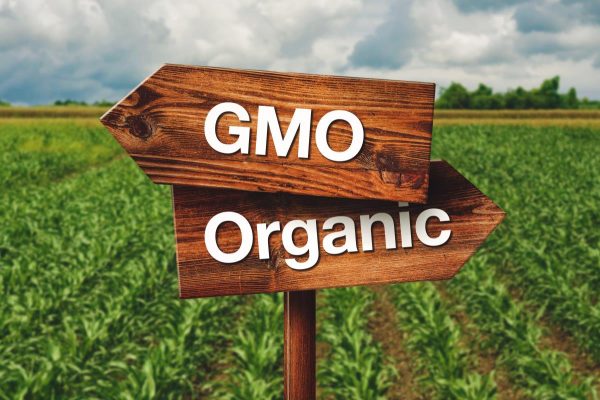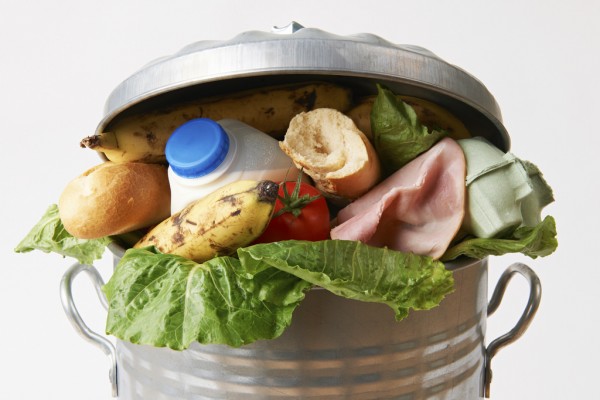The World Health Organization’s International Agency for Research on Cancer (IARC) announced in March 2015 that glyphosate, the primary ingredient in Monsanto’s Roundup weed killer, is a probable human carcinogen (i.e. it is likely to cause cancer in humans). Agencies around the world, including in Canada and Europe, took the warning seriously and started taking steps to test for glyphosate residues in food. (RELATED: Glyphosate is definitely genotoxic, according to the WHO scientist who authored the Roundup study.)
It seemed like the U.S. Department of Agriculture (USDA) was pursuing the same strategy. For a full year, from January 2016 until January of this year, the USDA was coordinating efforts with the Environmental Protection Agency (EPA) and the Food and Drug Administration (FDA) to start testing for glyphosate residues in samples of corn syrup starting this coming April. Now, it seems that the USDA has dropped its plan, and is instead going to focus its efforts on testing for 100 different pesticide residues (excluding glyphosate) in honey samples. The agency claims that this is a more efficient use of its resources. (To ensure you stay up-to-date with how the risks of glyphosate are being assessed and managed, visit Glyphosate.news)
The USDA’s glyphosate testing plan would have entailed examining 315 different samples of corn syrup for glyphosate residues, as well as for AMPA (aminomethylphosphonic acid) metabolites, which are created as glyphosate breaks down. This is important, because researchers believe that these AMPA residues are dangerous in their own right.
The USDA’s plan was clearly still on track on the 11th of January, when the agency’s Diana Haynes wrote to colleagues, “Based on recent conversations with EPA, we will begin testing corn syrup for glyphosate and its AMPA metabolite April 1, 2017 with collection ending August 31, 2017. This program change will need to be announced at the February PDP Conference Call.”
Something changed between then and the end of March, however, because when asked about the plan late last month, a USDA spokesman, who did not wish to be named, said that the agency had no plans to undertake any glyphosate residue testing this year.
“The final decision for this year’s program plan, as a more efficient use of resources, is to sample and test honey which covers over 100 different pesticides,” said the spokesman.
Another government agency, the Food and Drug Administration (FDA), started testing milk, corn, eggs and soybeans for glyphosate residues last year. Though the program was suspended last fall, one researcher had already found high levels of glyphosate in samples of both honey and oatmeal.
Though both the USDA and FDA test for pesticide residues on thousands of food samples each year, neither agency has made much effort to test for glyphosate residues; they claim that this is due to the high cost of such testing. This has put both agencies in line for criticism, as more and more concerns about the health effects of glyphosate have been voiced in recent years. In 2014, the Government Accountability Office criticized both agencies for their failure to test for residues of this dangerous chemical in the foods eaten by Americans.
Monsanto is being sued by hundreds of people who claim that exposure to the Roundup herbicide resulted in them or their loved ones developing a type of cancer called non-Hodgkin lymphoma.
Until such time as the agencies responsible for protecting the health and welfare of American citizens can be relied upon to do their job, it is vitally important that we take responsibility for our own health by ensuring that we buy only locally-sourced, non-GMO, organic produce (or grown our own) that has not been doused in cancer-causing glyphosate.
Sources:
OrganicAuthority.com
HuffingtonPost.com





















